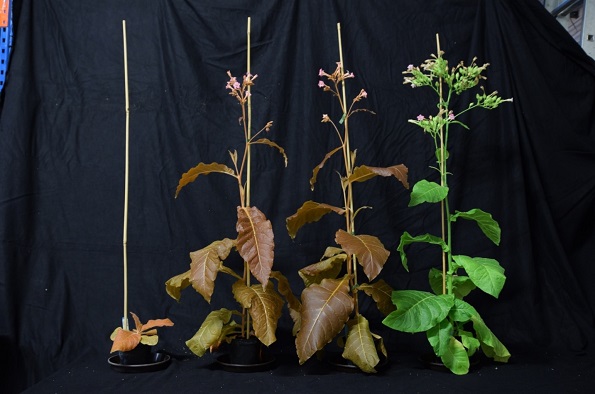
Taming Plastids for Biotechnology and Synthetic Biology
- Luning Liu
- Suitable for: Those with an interest in Genomes, Systems and Therapeutic Targeting
- Admission: Free
Add this event to my calendar
Click on "Create a calendar file" and your browser will download a .ics file for this event.
Microsoft Outlook: Download the file, double-click it to open it in Outlook, then click on "Save & Close" to save it to your calendar. If that doesn't work go into Outlook, click on the File tab, then on Open & Export, then Open Calendar. Select your .ics file then click on "Save & Close".
Google Calendar: download the file, then go into your calendar. On the left where it says "Other calendars" click on the arrow icon and then click on Import calendar. Click on Browse and select the .ics file, then click on Import.
Apple Calendar: The file may open automatically with an option to save it to your calendar. If not, download the file, then you can either drag it to Calendar or import the file by going to File >Import > Import and choosing the .ics file.
The plastid (chloroplast) genome represents an attractive target of genetic engineering in crop plants. Plastid transgenes often give very high expression levels, can be conveniently stacked in synthetic operons, and are largely excluded from pollen transmission, thus providing increased biosafety of transgenic crops. Recent research has greatly expanded our toolbox for plastid genome engineering and many new proof-of-principle applications have highlighted the enormous potential of the transplastomic technology in crop improvement and for the development of plants as bioreactors for the sustainable and cost-effective production of biopharmaceuticals, enzymes and raw materials for the chemical industry. In his talk, Ralph will describe recent technological advances with plastid transformation in seed plants and summarize progress with harnessing the potential of plastid genetic engineering in plant biotechnology and synthetic biology. Selected applications in three areas will be discussed: metabolic pathway engineering, resistance engineering and molecular farming for new pharmaceuticals.
